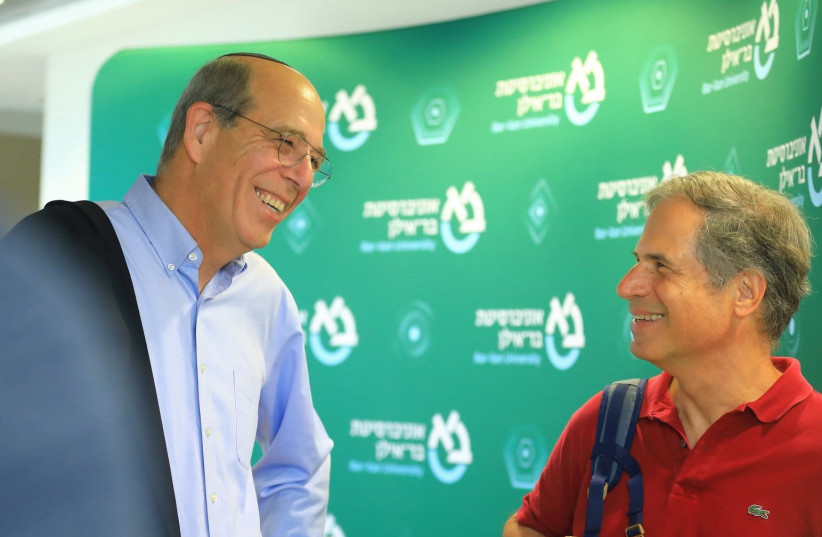Bar-Ilan University technology is set to join 34 other Israeli experiments in space when launched aboard the Rakia mission.
Accompanying Eitan Stibbe, Israel's second-ever astronaut, this experiment focuses on solving a major problem that accompanies long-term exposure to microgravity in space: visual impairment.
Essentially, if you stay in space for too long, it will impact your eyesight. Decreased vision, optic nerve and retina changes can all continue to affect an astronaut after their return from space.
But this new experiment is trying to find a solution.
Essentially, this project will see technology developed by Bar-Ilan University scientists Prof. Uri Polat and Prof. Yossi Mandel to detect the slightest changes in vision capabilities during flight and their time in space.

The technology in this experiment, based on an application that can be downloaded on any tablet, will be used to monitor Stibbe's vision during his time in space so as to figure out exactly when the changes happen.
Finding this out could help scientists understand vision damage in space, a problem that will need to be addressed in future space missions.
